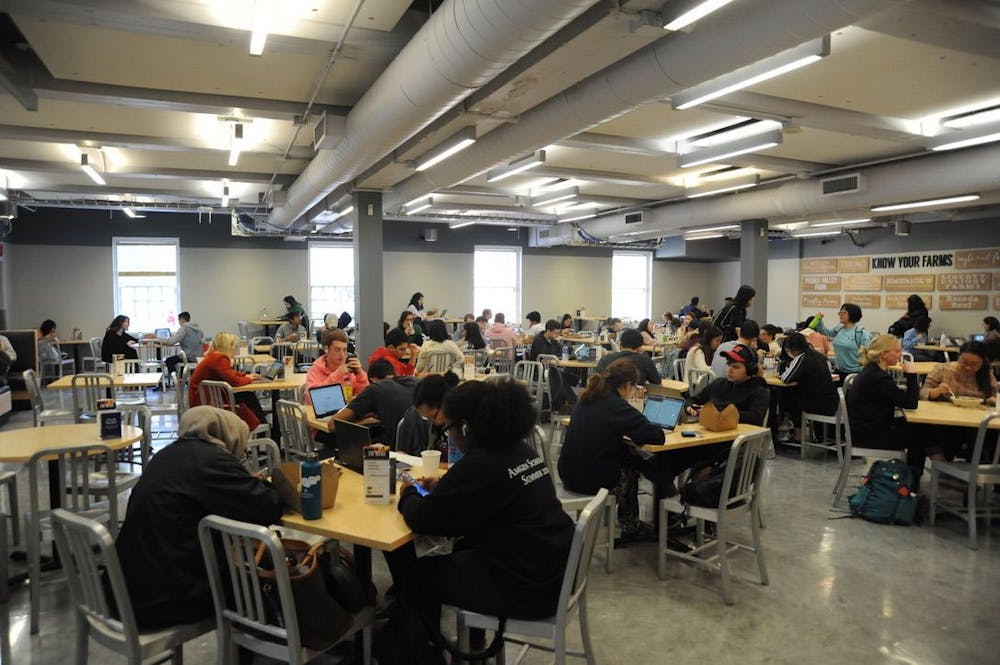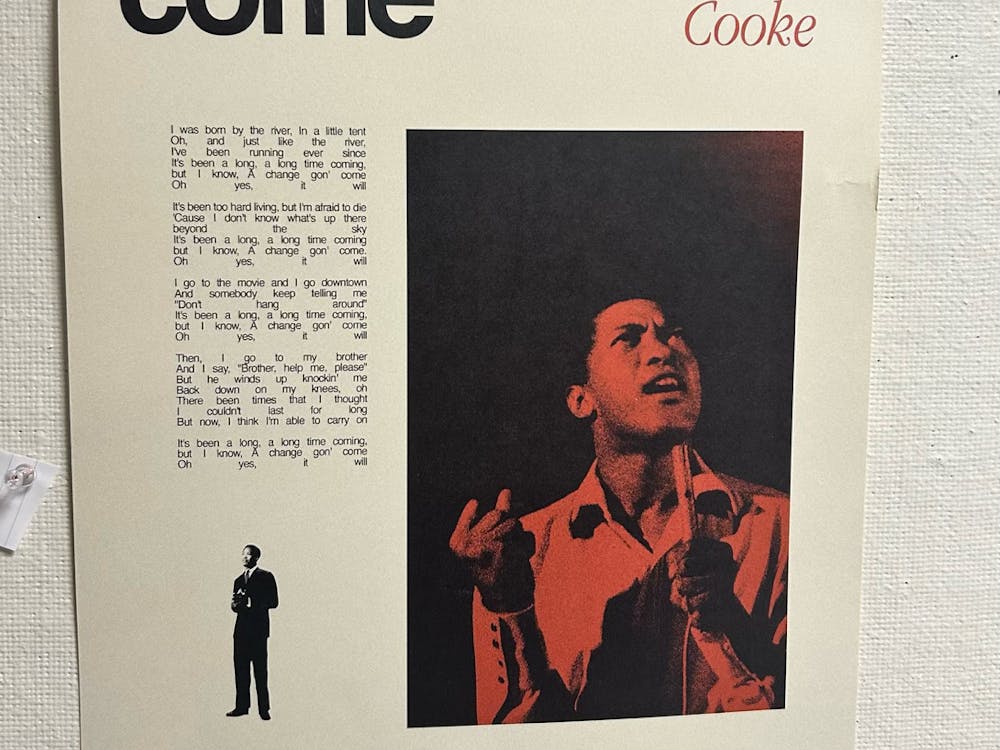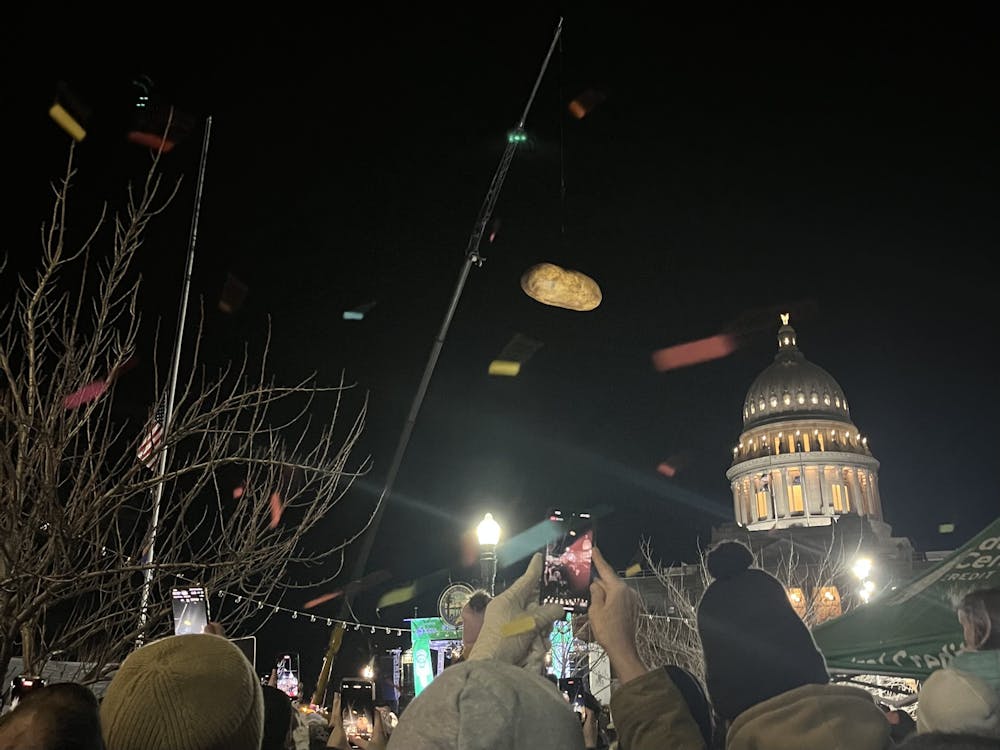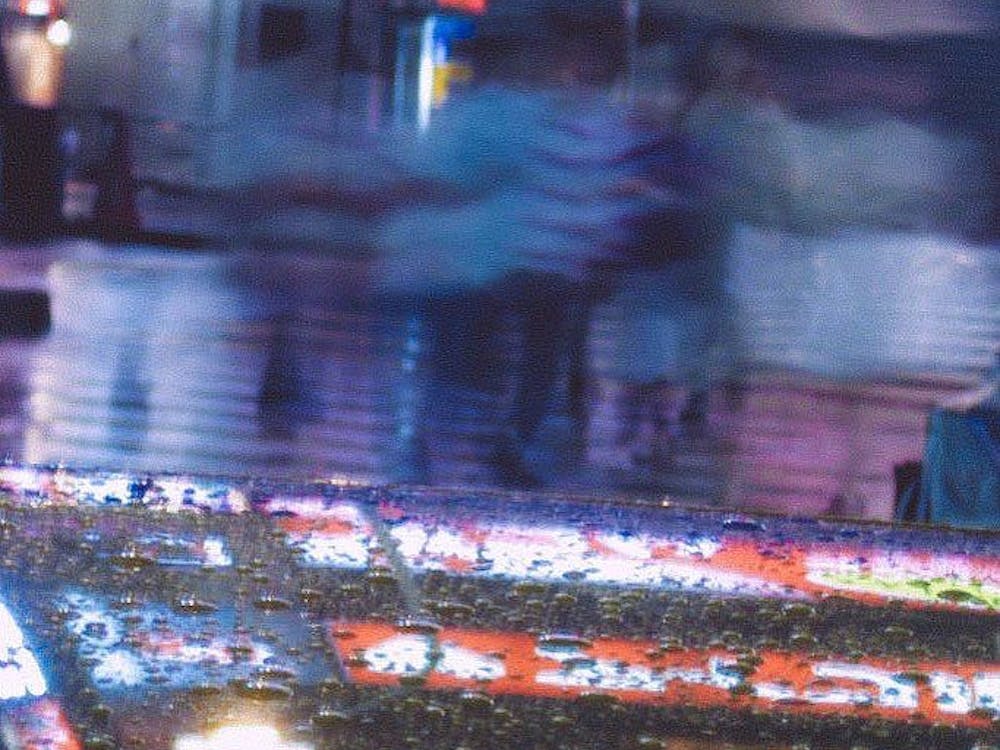Gayle Cohen Cinquegrani joined The News-Letter shortly after arriving on campus in the fall of 1976, remaining on the staff until her graduation in 1980. During that time she worked on the news staff, serving as a news reporter (1976-78), News Editor (1978-79) and Contributing Editor (1979-1980). After attending law school she enrolled in the Columbia University Graduate School of Journalism. She then worked for Bloomberg Bureau of National Affairs, where she reported on employment law, the U.S. Labor Department and the legal industry. Cinquegrani is currently an editor at a research center affiliated with Georgetown University.
The News-Letter: What were your best or funniest personal stories from your time at The News-Letter?
Gayle Cohen Cinquegrani: When I got to the campus there were actually two News-Letters. There was the one that came out on Tuesday and the one that came out on Friday. And so basically there were two staffs, the Monday staff and the Thursday staff, and they were very different. The paper that came out on Tuesday was a normal newspaper reporting on the campus, and the newspaper that came out on Friday was much more whimsical and artsy and cutting edge. It had a different staff and it had very long features and personal essays. It frankly often really pushed the envelope in terms of what might be considered appropriate, and I was on the staff. By my sophomore year, I believe, we were one issue a week, so then it was more normal. But my very first experience with a college newspaper was a little unusual.
Hopkins had gone co-ed less than 10 years before I got there. The undergraduate [population] was all male until around 1969. I got there in 1976 and Hopkins was only about 14% female… I remember they had an open house where you could go and meet the editors and see the Gatehouse, which was a funky, quirky, little building on the edge of campus where everybody wanted to shunt the reporters off to. Basically I was on campus maybe two days and I was this scared 17-year-old freshman. I’d come from an all-female high school, and I [went] to The News-Letter and the staff was almost entirely male. This guy who turned out to be the Sports Editor said, “Do you write sports?” and I said no because, truly, I knew nothing about sports. I said, “No, I want to write the news,” and he [said], “If you write sports, I can get you a key to the men's locker room.” Well, that would be cool, but I don't like sports. That was, I think, the first thing that anyone on The News-Letter said to me.
We would have really late nights editing and then typesetting. Again, that's something we were doing, and cutting and pasting. Basically, you cut out the articles and pasted them to these long sheets to do the layout, nothing automated. I always use[d] too much glue, and then it would smudge. The first news page was fun. One time there was a clear thumbprint of mine. Someday I will have my identity hacked, and you know it'll be because of my thumbprint on The News-Letter. But anyway, that was when people would have these X-Acto knives. Those were very sharp. They kind of looked like a pen, but they were very sharp. That was for cutting out the paper and laying it out, but people were arguing and everyone has an X-Acto knife in their hand, and they're like, “Wait a minute.”
I often covered student council proceedings as a news reporter and whenever they were eating their own pizza or salads or anything messy, they would always grab the paper because News-Letters were given out for free. So there'd always be a stack somewhere and they would grab a News-Letter and eat their sloppy food and dribble grease and everything all over The News-Letter and then look at me and say, “This is the only thing that The News-Letter’s good for.” And they’d say, “Thank God for The News-Letter. Now we can eat our lunch over it.”
Because Hopkins was so overwhelmingly male, our sister school was Goucher [College], which was then still all female. The paper would go to the press out in Westminster, Md. which is — at 3 a.m. — a 45-minute drive. It takes longer with traffic. They’d get the papers all printed off, and then they'd come back and distribute them around campus and around Charles Village and Goucher. Some of the mostly male students who did the press run liked the part where they went to Goucher; they got to have an excuse to be on the all-female campus. One time I was there with one of them and he’s like, “Wow, this is the best part of the job,” but you know it’s because he'd been up all night at the printer. He's like half asleep, beard looking a mess, and then he’d say, “Wow, there’s girls everywhere,” because again, on the Hopkins campus back then there weren't that many, and most of the guys were unflattering about how Hopkins women looked compared with Goucher women.
In those days, Hopkins didn't have that vibrant a social life compared to many colleges, but one thing we did have was a student bar on campus and Levering Hall. There was a place in there called The Rathskeller — I think it's German — and people called it The Rat. I'm at that point in the late ‘70s when the drinking age for beer and wine was 18. For liquor, it was higher, but beer and wine were legal for 18-year-olds. So The Rat sold beer and wine and soft drinks. Thursday nights were kind of the big night there because they had disco night. I hate disco music but I like to dance. There was dancing on Thursday nights there, and many people didn't have classes on Friday, so Thursday night was — for some people, at least — the beginning of the weekend.
But it was press night at The News-Letter building, so if reporters were coming in late with their articles and it held up production, sometimes the production crew — they’re kind of waiting around — [would] go to The Rat for disco night. So whenever an editor was looking around for somebody on the staff and they couldn't find them, they’d check The Rat. The thing is, there were no cell phones back then, so they'd have to send somebody to The Rat to try to find the missing staffer, but then sometimes that person didn't and more people would go missing.
One time I was writing something where I needed a quote from the head of security, and I hadn't been able to get him and I didn't. I was rushing between classes and I didn't have time to go to his office, and so I ducked into a University-owned apartment building across from campus and it was a friend’s apartment. I said, “Can I just use your phone, because I need to call somebody right now?” And the guy says, “Sure, come on in.” I'm on the phone, and I didn't tell him who I was going to call on the phone. I dial in with the head of security and in the bedroom he and his friend decided to smoke weed. They set off the smoke detector and I'm in the next room on the phone with security. And the guy goes, “I hear all this noise. Are you okay?” I said, “I'm doing fine.” I'm trying to distract him from the smoke detector and get back to my questions. And he says, “No, I hear a lot of noise — are you okay? Do you want me to send someone?” and I'm like, “No, don't send anybody,” because it was not what they should have been doing. I never called him again from anyone else's apartment, only my own, where no one was doing that. But that was sort of an irony.
Every April, right around April Fools’ Day, somehow a boy with a motorcycle — and I never found out exactly how he did this — stole the license plate off the mayor's official car. It said in big letters “Mayor,” and he put it on his motorcycle for a photograph that's for the cover of The News-Letter. The running joke was with him standing by it. The funny joke was, “Thank goodness nobody reads The News-Letter because he could get in trouble.” He, as far as I know, never got in trouble.
I can't tell you how many times on Friday night if I tried to go out I fell asleep. Like in the movies or something because I did all-nighters Thursday during the press. But it was such a wonderful experience to find a way to learn about the University, develop a craft or a skill, meet other students and really put in a lot of work. I mean, most of my third and fourth years I put in at least 20 hours a week, maybe 25, working for The News-Letter.
I did eventually become a reporter professionally, and I always say that I really learned to write in the Gatehouse. You know, it wasn't flashy. We didn't have a journalism program and the school didn't have even a faculty advisor with the paper. We did it all ourselves. We learned on our own or from older students and made a lot of mistakes, but there's a saying like, “When you teach yourself, you really learn. It takes you longer, but then you never forget.” And that's kind of true. I thought it was a very rewarding experience.





